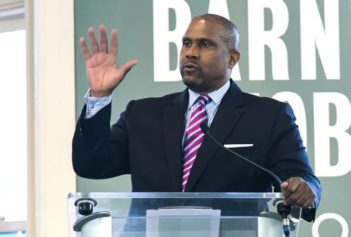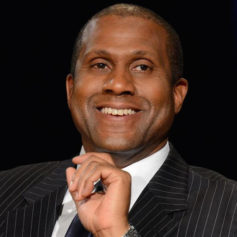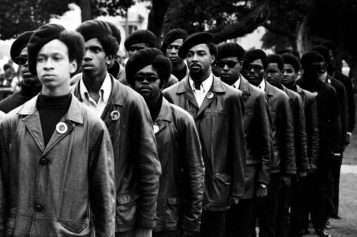Television viewers — even those who watch the more sober-minded PBS — are generally not keen on sitting through long speeches. But TED, the nonprofit group that sponsors conferences on ideas, thinks it has found a way to bring its signature 18-minute talks to a TV audience that may not have found them on the Web or through mobile apps.
In its first television foray, TED has joined forces with the Corporation for Public Broadcasting and the New York public broadcaster WNET for a one-hour special, “TED Talks Education,” to be broadcast on PBS on Tuesday. If it is successful, the program could become a template for future joint projects, said Juliet Blake, one of the show’s executive producers and the TED official charged with bringing the conferences to television.
The program was 18 months in the making, a short time for public broadcasting but long for TED, which is accustomed to the more immediate online world. Other suitors have also sought to do TED television projects, Blake said, but “to reach the audience we want to reach, public television was the place.”
The Corporation for Public Broadcasting paid for the show’s $1 million costs under the auspices of an initiative that addresses the high school drop-out problem in the United States. “It was the perfect marriage of ideas that matter and our core value of education,” said Patricia Harrison, the corporation’s chief executive.
Hosted by the singer John Legend, who also has a foundation focused on alleviating poverty by improving education, and taped in April before an audience at the Brooklyn Academy of Music, the show features teachers, students and educational reform advocates like Bill Gates.
The final speaker is the English author Sir Ken Robinson, whose 2006 TED talk arguing for more creativity in schools has been seen nearly 16 million times, making it by far the TED Web site’s most popular video.
The focus is on positive changes that speakers advocate. Mixed in are clips of students discussing what excites them in school.
In one concession to the medium, the show limited its speakers to 5 to 8 minutes. “People don’t sit in front of television and watch 18-minute speeches,” said Julie Anderson of WNET, also an executive producer. Some speakers went long, including Geoffrey Canada, the chief executive of Harlem Children’s Zone, so those talks were edited for the PBS program, although the full-length versions will be posted online.
Source: nytimes.com


